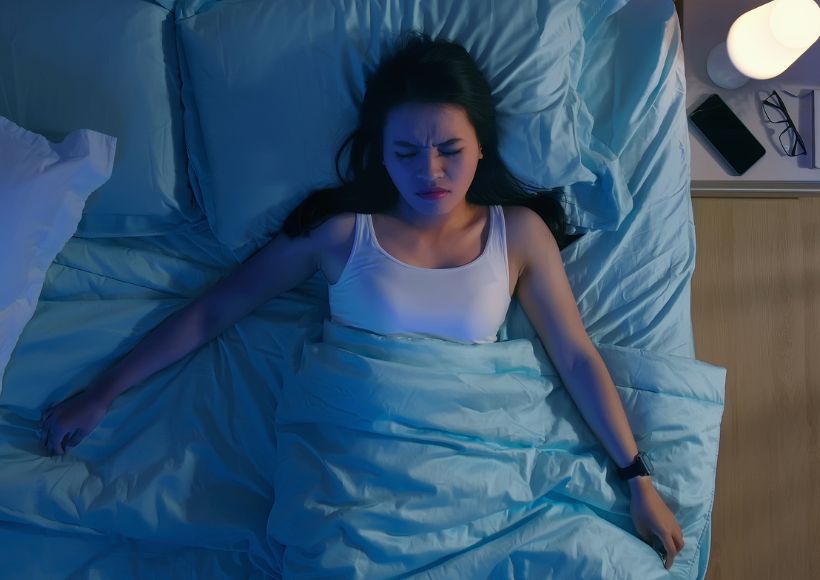Diagnosis Of Insomnia, Some elderly or their relatives mistakenly think that daytime sleepiness is normal in old age, as well as believe that older people need less sleep, so it may influence them not to report their problems to their doctor.
Why does this happen?
This means that, together with the fact that the elderly tend to overestimate or underestimate the duration and quality of their sleep, it is sometimes difficult to detect them and therefore establish their treatment . On other occasions, caregivers believe that the elderly person should go to bed early and wake up late , with disproportionate expectations regarding the sleep of the elderly. For all this, in older people, it must be confirmed that there really is insomnia and with the collaboration of the patient, their relatives and caregivers (especially if they live with the elderly person) and their partner, the following should be ascertained:
- Check the number of hours you sleep throughout the day and add them up. Assess whether the demand comes from the patient, the family or the caregivers; if what is intended is to sleep an excessive number of hours.
- Find out what time he goes to bed, because if it is early it is logical that he wakes up at 4 or 5 in the morning. That an elderly person sleeps an average of six hours a day is enough, with all possible individual differences. At times he may believe that he is not sleeping, as well as family and caregivers, because he goes to bed early and sleeps during the day. In institutions they are sometimes expected to sleep too much.
- It must be identified if there are physical or mental illnesses that cause or favor the condition. Investigate all the medications that the patient consumes, including parapharmacy, herbal or natural products, which may be affecting sleep. It is convenient to check if he suffers from a prostatic disorder, if there are painful conditions or if he takes diuretics, if he suffers from cardiorespiratory insufficiency , if he takes bronchodilators, etc.
- The partner should be questioned if they observe snoring, nightmares, bruxism (teeth grinding), jerking of the legs or sudden movements in bed.
- Ask the patient if he has difficulty falling asleep , if he suffers from early morning awakenings or if he wakes up multiple times throughout the night. You should ask how you feel in the morning and throughout the day and if you need naps. Likewise, it is necessary to find out if he self-medicates and the routines he follows when going to bed and getting up. It is useful to carry out a “sleep diary” where these aspects are reflected during the 24 hours of the day in a period of 2 to 3 weeks.
- Polysomnographic studies in the elderly are recommended in special situations, such as in case of doubt, during the study of sleep apnea or restless legs syndrome.
Conclusions
The diagnosis of insomnia is not based exclusively on the number of hours slept , but on the existence of signs derived from sleep deprivation during the day . Thus, if the patient feels tired, falls asleep easily, has a lack of concentration or psychological disorders or related physical illnesses appear, it may be thought that the patient really suffers from a sleep disorder .
On the contrary, even if the patient reports subjective sleep disturbances, if during the day they are active, cooperative and without the need to sleep, it will be considered that the patient has had a “refreshing sleep”, sufficient to maintain the homeostasis of their organic and psychological functions, dispensing with the subjective complaints of «few hours asleep.
Also Read : How To Prevent Gingivitis?

